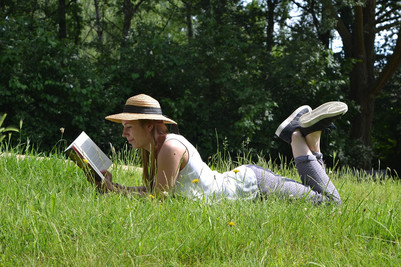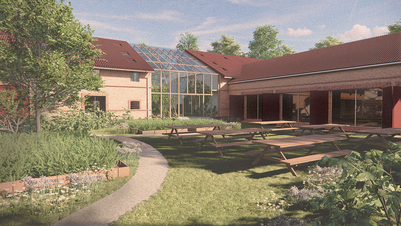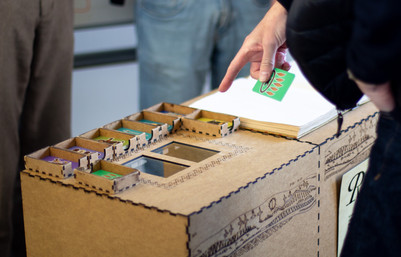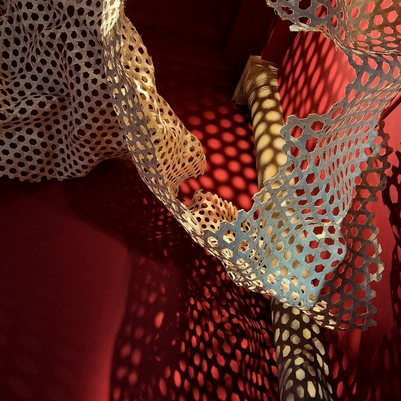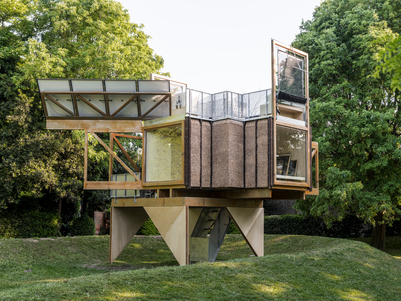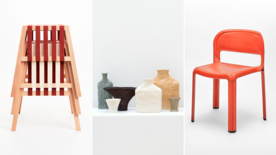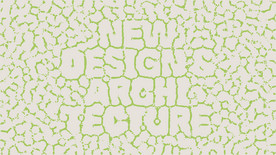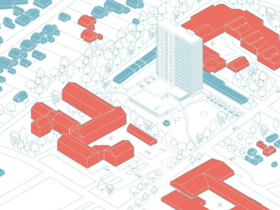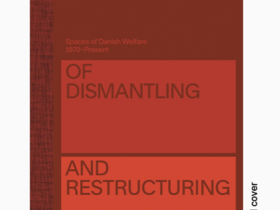
Advisory Board | Alison J. Clarke
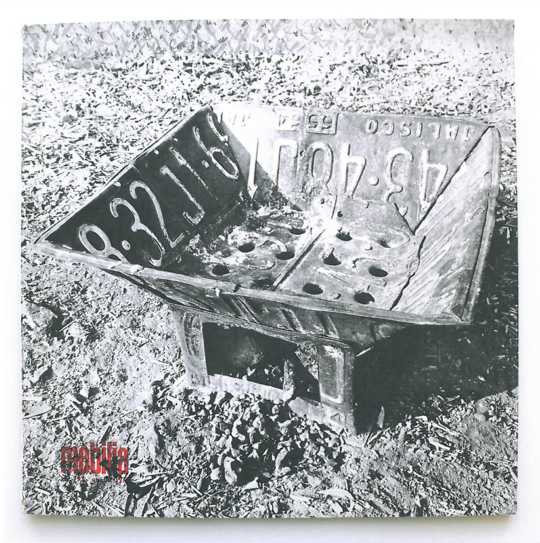
Notes on Anthology Chapter
In August 1971, Denmark’s leading design journal, Mobilia, featured on its front cover a discarded automobile license plate refashioned into a portable stove on which, according to the editorial, a Mexican “family cooks all of their meals.” Along with a self-assembly crank-handle refrigerator for distribution in the small Southern African country of Lesotho the article—“What to Design and Why” - advocated for an extension of a social welfare paradigm to objects of aid conceived for the Global South. In my chapter for the forthcoming anthology accompanying the research project Spaces of Danish Welfare, I explore how industrial design was utilised to extend the space of Danish welfare into the Global South in the 1970s. The segue between design discourse emerging from the Danish welfare paradigm, with its emphasis on the “social”, and the politics of decolonization that defined the late postwar period, provided a fertile new ground for design perceived as a political force for progressive democratic change. Ultimately the essay argues that industrial design emerged as a space of welfare that would transcend the state structures of Scandinavia, stretching out to the geopolitics of neo-colonialism.
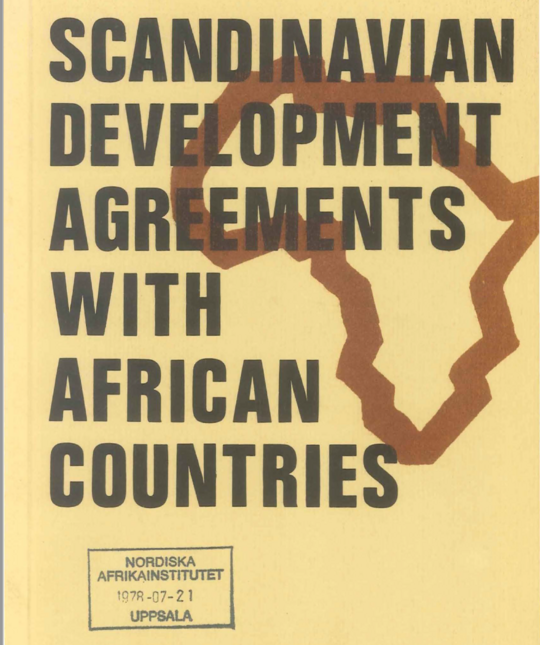

Professor Alison J. Clarke is a design historian (RCA/V&A) and a trained social anthropologist (UCL). She joined the University of Applied Arts Vienna as chair of design history and theory having previously held a senior faculty post at the Royal College of Art, London. Prof. Clarke is a part of the Spaces of Danish Welfare advisory board along with seven other leading researchers of many of our fields of study.




